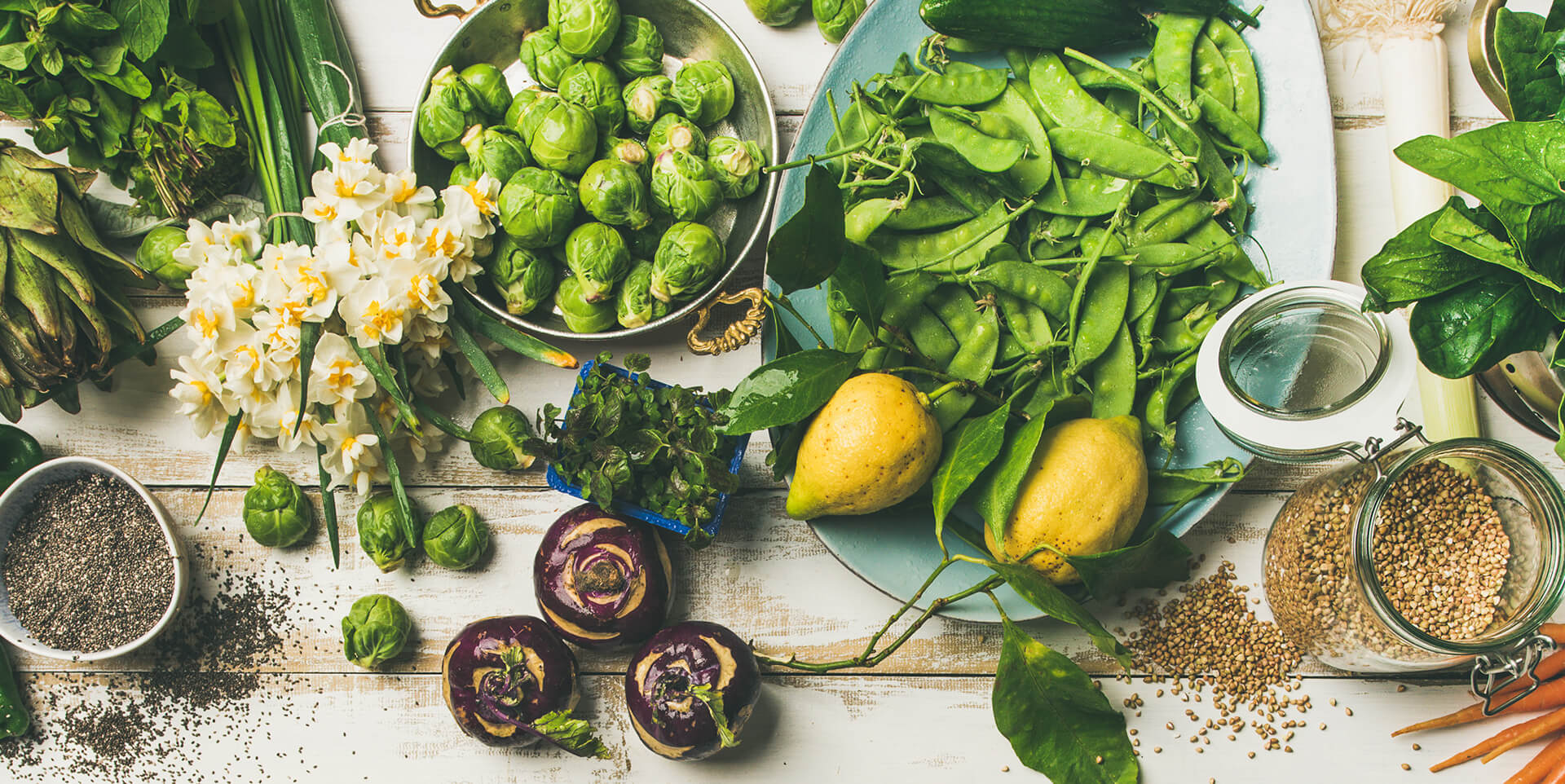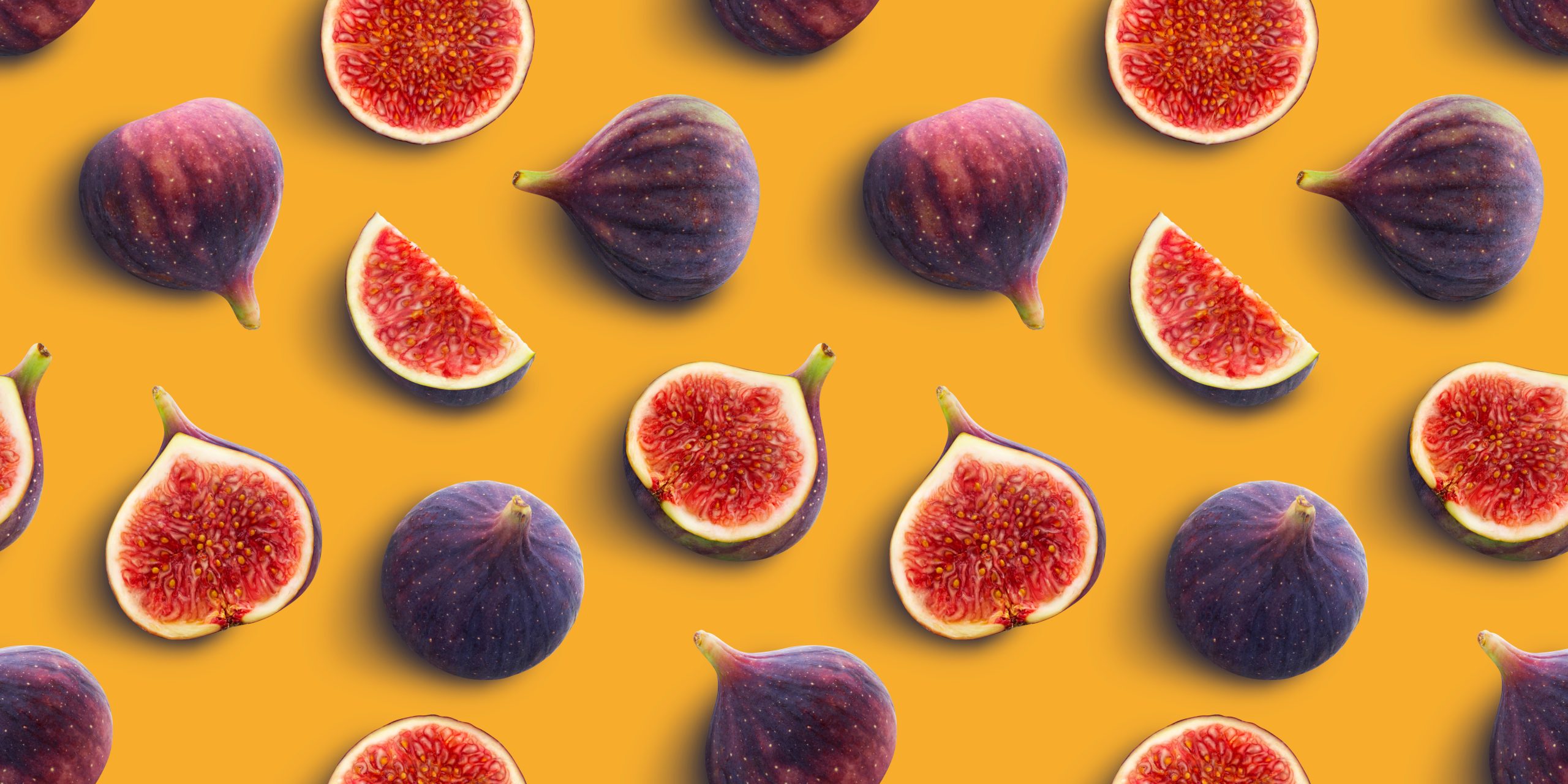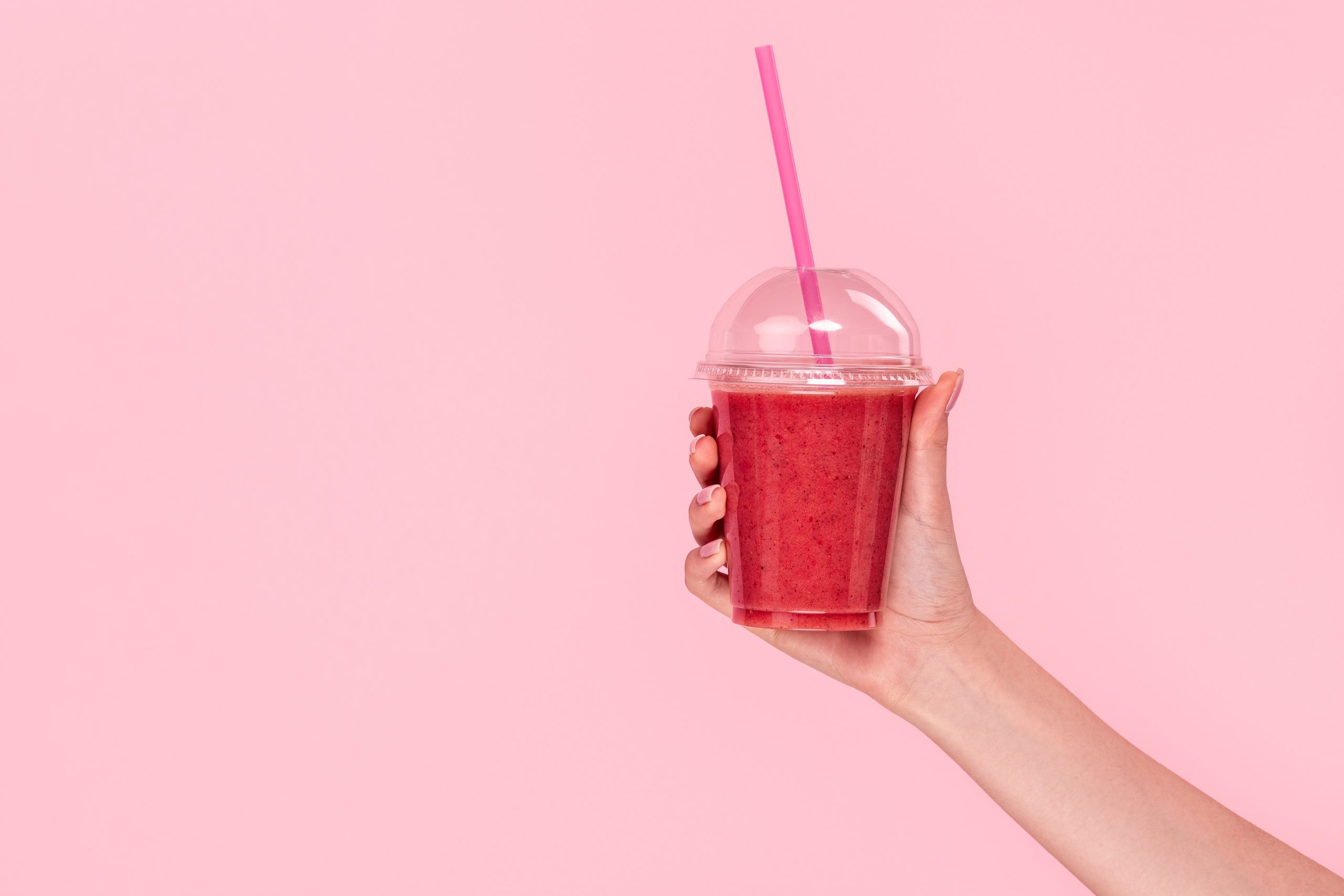Eating healthy might seem overwhelming, but if you start small by choosing one or two of these ten tips, you can gradually work your way up the list.
There is a lot of information out there when it comes to nutrition, some of which isn’t always helpful. Trying to figure out where to begin can be a challenge! At first glance, eating healthy might seem overwhelming, but if you start small by choosing one or two of these seven tips, you can gradually work your way up the list. Remember, building habits takes time and small changes add up.
Half Your Plate Veggies
Vegetables are full of vitamins, minerals, antioxidants and fibre to keep your immune and digestive systems strong. Eating more vegetables doesn’t mean you can only eat salads! Roast a batch of root vegetables such as carrots and sweet potatoes with a drizzle of olive oil. Frozen vegetables can be just as nutritious and are a great addition to pasta, stir-fries and soup — they can make your canned or instant soup healthier.
Eat Protein With Each Meal
Protein is important for growth, maintenance, and repair of the cells in your body and helps you feel full for longer. Plant-based proteins such as legumes (beans, peas and lentils), and eggs are a great budget-friendly option. Add chickpeas or boiled eggs to your salad, pasta or rice bowl for a boost of protein.

Don’t Skip Breakfast
Kick-start your energy and concentration for the day with breakfast. Smoothies and overnight oats are easy to prepare, especially for those busy days when you need your breakfast to be “grab and go” style.
Stock Up On Healthy Snacks
Instead of waiting until you’re ravenous for food, incorporate healthy snacks throughout the day. Try veggies and hummus, an apple with nut butter or a handful of pumpkin seeds and dried fruit. If you’re choosing a snack bar, look for simple ingredients without much sugar and minimum five grams of protein and five grams of fibre.
Think Ahead
Choose one day a week to plan, shop and prepare your meals (or ingredients) for the week. Cook grains, chop up some veggies, and prepare sauces. You can even multi-task by cooking beans or pasta while doing homework, catching up on Netflix or calling a friend. Pack your lunch the night before so that it’s ready to go when you leave the house.
Incorporate Healthy Fats
Unsaturated fats from olive oil, avocado, nuts and seeds are important for helping your body absorb certain vitamins and play a key role in brain and heart health. Sprinkle chia or ground flax seeds on cereal or yogurt and eat salmon twice a week for your dose of omega-3 fatty acids.
Fermented Fun
Did you know that there are hundreds of species of “good bacteria” living in your large intestine that synthesize certain vitamins, support healthy digestion, boost your immune system and potentially prevent weight gain? Cultivate a healthy microbe population with foods like probiotic yogurt, kimchi, and sauerkraut!







